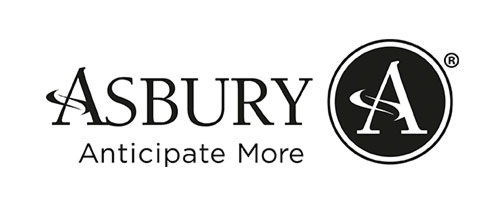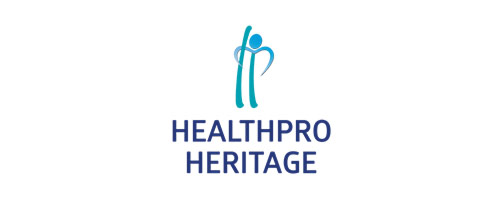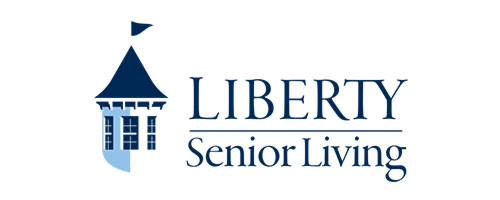
Fulfilling our promise
"While scrolling YouTube late one evening, I found myself in unfamiliar territory. The algorithm—which reliably fed me videos of contact sports like rugby, soccer, hockey and football—had taken a left turn and offered up synchronized swimming instead. Now, I have never been drawn to swimming, where the contact is with water, not people, and where I consider the drama level (rightly or wrongly) to be low."

A thought to ponder: Who would you be if you never looked in the mirror?
"At first glance, the question feels whimsical—almost playful. But like many deceptively simple questions, it carries a quiet subversion. It asks us to reconsider one of the most trusted instruments in modern life: the mirror. Not the object itself, of course, but the authority we grant it."

What Is 1.314 years' worth to you? Better quality of life starts with mental health
"Improving healthspan—the years lived in good health, free from serious chronic disease or disability—can feel overwhelming. In the United States, people now spend an average of 12.4 years in poor health, up from 10.9 years in 2000 (AMA). This places the U.S. last among 183 countries worldwide (WHO). If we focus on just one factor—mental health—we find it accounts for 10.6% of those lost years globally. That translates into 1.314 years of diminished quality of life."

Decisions that shape longevity
"A recent discussion left me reflecting on the connection between our daily choices and our lifespan. I was speaking to Dr. Richard Carmona, MD, MPH, FACS, chief of health innovations at Canyon Ranch, 17th Surgeon General of the United States, and Distinguished Laureate Professor at the University of Arizona. Dr. Carmona reminded me that humans are biologically capable of living to 122 years old. Guinness World Records lists the world’s verified oldest person as Jeanne Calment, who was born in France in 1875 and died there in 1997, aged 122 years, 164 days. Yet, despite this potential for extreme long life, average life expectancy in the United States hovers around 78.3 years, according to research that The Lancet published in 2024 from the University of Washington’s Institute for Health Metrics and Evaluation. "

Is wrong... right?
" by someone who has definitely been wrong today"

Where to from here?
"As artificial intelligence, robotics, wearables, and wellness apps become increasingly embedded in our lives, we must never lose sight of our humanity. In fact, even as we accelerate into this “tech-enabled” future, it’s more important than ever to view our world—and the future of aging—through a deeply personal, profoundly human lens. One in which wellness frames everything."

Gen X is hitting a milestone: turning 60. It's a familiar tune, but with a Gen X twist.
"Recently, an article caught my eye, shifting the spotlight from baby boomers to Gen X. The once-boomer-dominated realm of juggling aging parents and kids now belongs to latchkey kids raised on MTV and quick meals."

Staying active and in control: Continuous Glucose monitoring and nutrition for older adults
"By Cindy King and Carley Rusch"

It’s Malnutrition Awareness WeekTM
Active Aging Leading, connecting and defining the active aging industry since 2001. ICAA provides world class information, education, resources and tools to help health and wellness professionals be more successful with their clients age 50 plus

Power to transform
"Imagine this: A manager decides to introduce a new wellness program in a life plan community or active living center. It promises to improve resident/member engagement and satisfaction and seems a great idea—but the manager bases the program on outdated assumptions about what people want and need. Decisions based on limited, incomplete or, worse, incorrect information can lead to unintended, often consequential, outcomes. Programming does not connect with residents/members. Staff are not adequately trained to deliver the program. And spaces and environments do not align with the activities planned. The result? A well-intentioned initiative fails to meet its goals, leaving everyone frustrated."

































